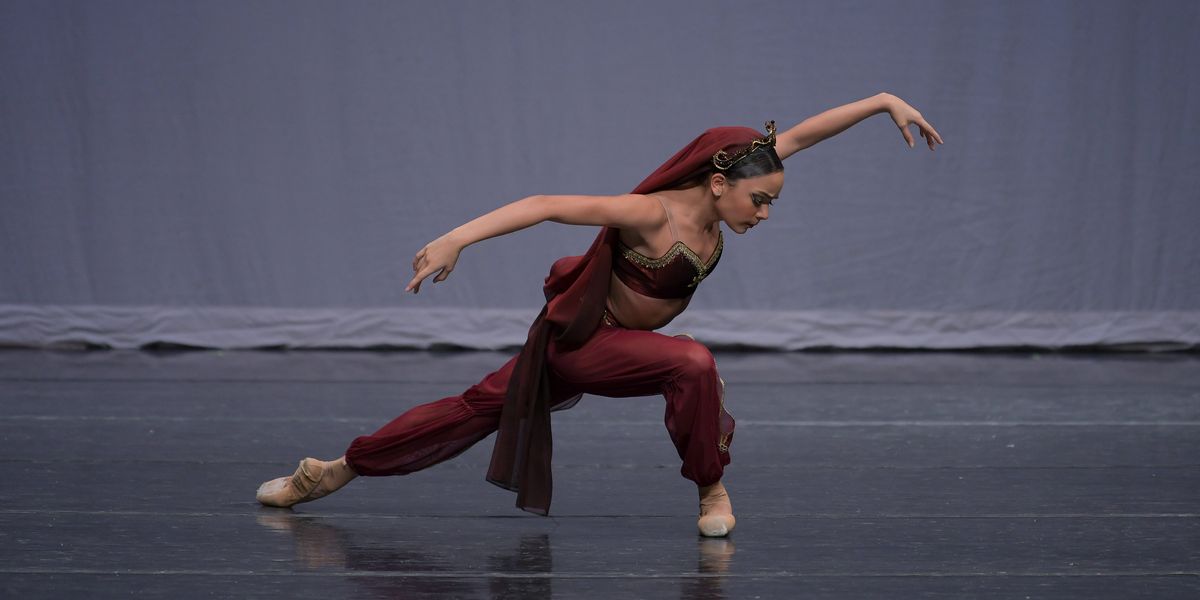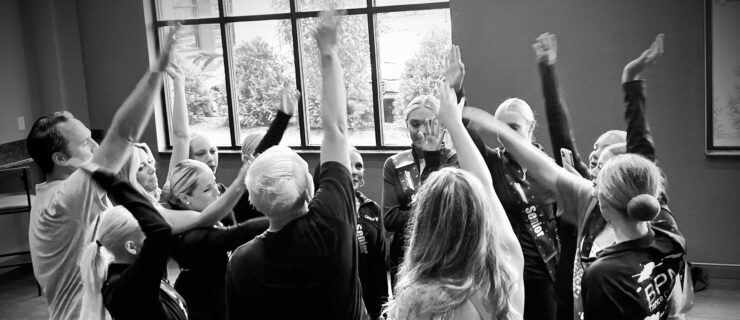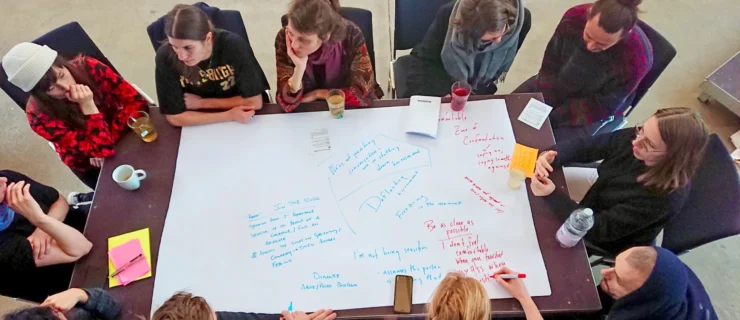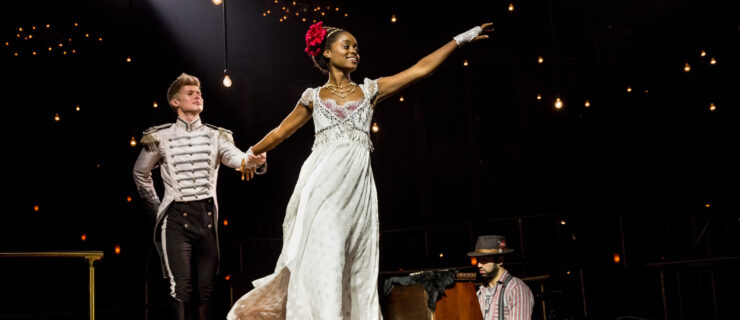What I Learned About Judges By Becoming One for Youth America Grand Prix
What’s actually going on in judges’ heads? I got a first-hand chance to find out when, over three days in early March, I judged 334 classical and contemporary solos from dancers ages 9 to 19 at the Boston semi-finals of Youth America Grand Prix.
Putting exact numbers to qualities like “musicality” and “épaulement” is just as tricky as it sounds. But I learned a few surprising takeaways that could make a big difference in a dancer’s final score.
Whether you’re competing virtually right now or just starting to plan your solo for next year, keep these six things in mind:
Your entrance is critical.
We all know the importance of first impressions. But your entrance counts even more than you may realize. With only two and a half minutes to make an assessment, I began evaluating dancers not when they started dancing, but from the very second they stepped out of the wings. And then I quickly started writing on the score sheet—which meant the entrance was really the only moment I was guaranteed to be watching before I had to look down to make notes. A fluid walk or run onstage on high demi-pointe with beautiful épaulement would capture my attention every time.
More challenging steps don’t mean more points.
I know it sounds clichéd, but a clean single pirouette really will take you further than flopping out of a triple. Personally, I often didn’t even register the quantity of turns or the difficulty of jumps because I was focusing so intently on the quality of movement. The only times “tricks” really stood out were: 1. When they were jaw-droppingly stunning; or 2. When a dancer couldn’t pull them off. Yes, judges want to see how you turn, how you jump, how controlled your extensions are. But show off what you can do in competition; save the challenges for class.
Effort matters.
The more I could feel how much a dancer wanted to succeed, the more I wanted it for them. Even if that energy came through as nerves, being able to tell how excited a dancer was made me more inclined to reward strong moments of a solo. Confidence is valuable, but cockiness or “playing it cool” won’t serve you.
Commit to your character.
If you choose a variation with a distinct character, you’ve got to embrace the role the whole time. Many students only focus on acting during short moments of pantomime, then drop it whenever the technique gets tricky. But a half-hearted approach won’t earn you artistry points.
A mistake counts for less than how you recover.
One stumble or fall really doesn’t matter as much as you’d probably think. Judges are looking for overall quality, and I never felt the need to take off any points for a minor slip-up. Only when I saw multiple mistakes that pointed to a strength or coordination issue or not being performance-ready did I change a score. If things don’t go as planned, try to breathe through it and move on—a smart strategy to practice in rehearsal, so it comes naturally when you’re onstage.
And about that comment section…
Judges’ comments are meant to be helpful, but remember: They won’t tell you the full story of your talent. I sometimes wrote down things like, “Watch for sickled ankles” because I saw it happen once, but really that was just one moment of one performance. Your teacher works with you regularly—talk through your score sheet with them to discuss what might be most useful to focus on.





